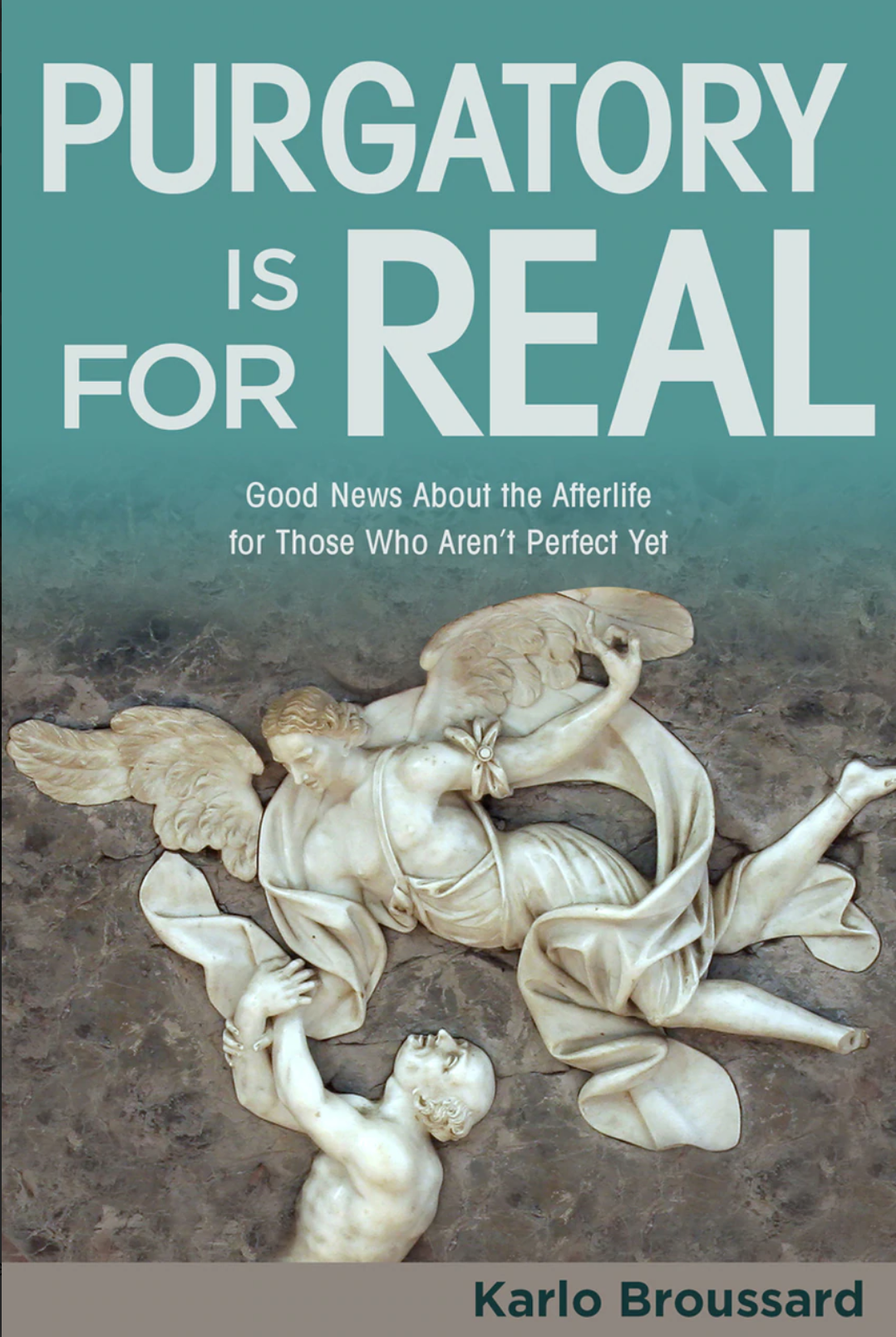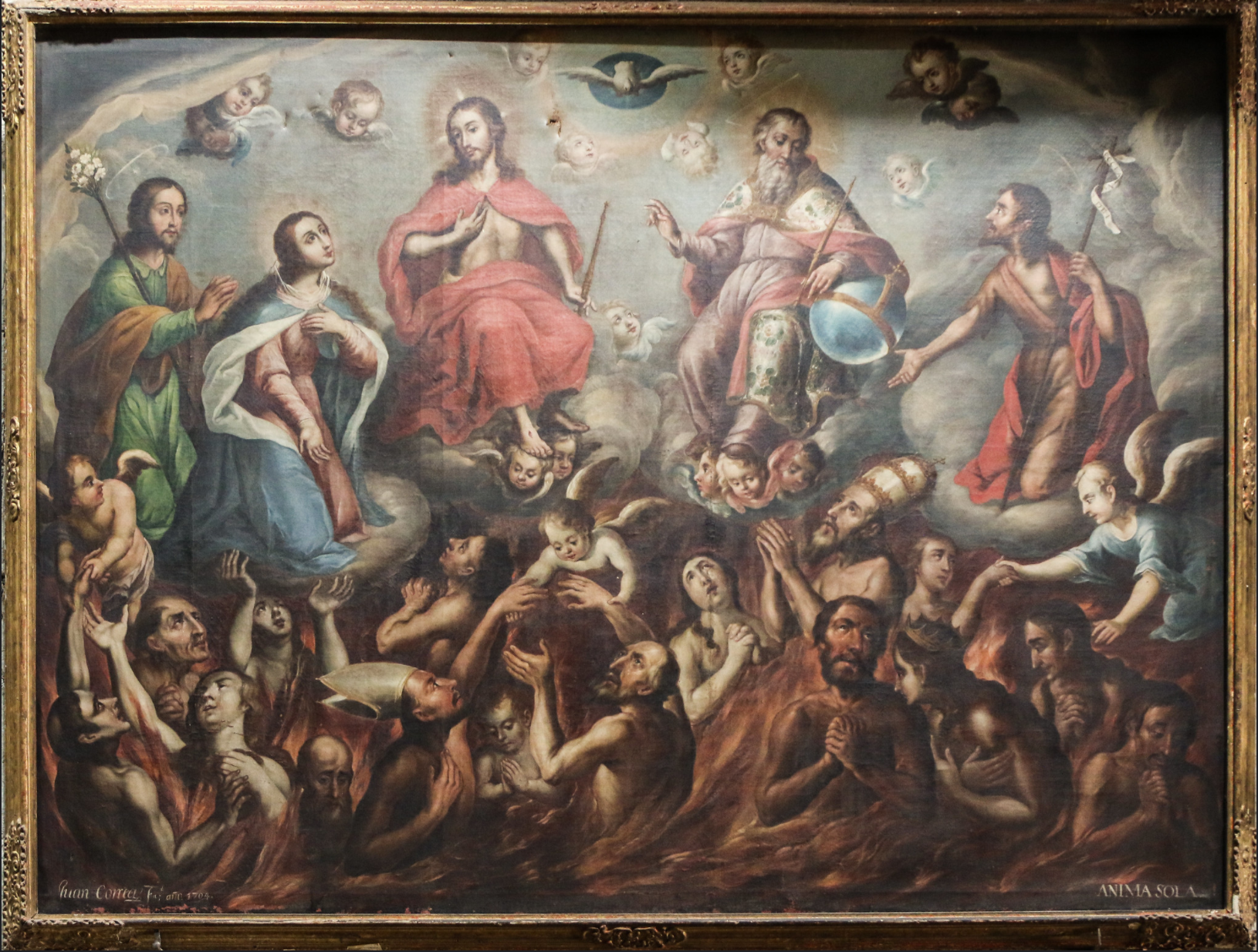
-by Sarah Cain
“Don’t say a eulogy at my funeral. Modern Catholic funerals can look a lot like Protestant variants. At first glance, that might not seem like a problem, but upon scrutiny, the profound disservice that is being done to the dead becomes clear.
Imagine attending a Catholic funeral. The pews are full, attesting to how the deceased had clearly reached a great number of people. Now, why are those people there, at a funeral Mass? They should be there for two primary reasons.
1. To join in solemn acknowledgment of Christ’s sacrifice and resurrection, which is what provides the pathway for us to enjoy eternal life.
2. To pray for the deceased’s soul.
We should grieve at the knowledge that it rarely happens that way. With increasing frequency, Catholic funerals take a different approach. “Progressive” priests give homilies that tell of the life that the deceased lived, the decedent’s love of various sports teams, and his family. They eulogize and label it a homily. After Communion, members of the man’s family are called to the pulpit to offer eulogies of their own. They postulate about what they believe their loved one is doing in heaven.
When I die, please don’t offer a eulogy at my funeral. It’s not because I’m inherently opposed to being remembered, and certainly not because I don’t want my loved ones to gain comfort from sharing stories that they may have. It’s because that’s not the place for those activities and because doing so undermines the purpose of having a funeral Mass at all. The funeral liturgy is an act of worship, in which the Church gathers to commend the deceased to God’s mercy. It’s not merely an expression of grief.
We pray for the dead in part because we acknowledge that people, no matter how much we love them, might not be in heaven. Thus, we pray for them, sacrifice for them, and offer Masses for them. Proclamations about what our loved one is doing in heaven undermine this. Recalling from the pulpit fond memories about the deceased distracts us from what is most important and from what our obligations are to the dead now.
Perhaps it seems harsh, as though this stipulation takes something from the grieving family members. But there is a helpful way to think of it differently. Imagine that you are in the casket. You are the deceased. How sure are you that you’ll go straight to heaven? Are you pure enough to stand in the presence of God, without hesitation, without shame or regret? Do you want your loved ones to presume that you are in heaven, or should they pray for your soul, so that if you are in purgatory, you might be helped? Only you and God know the tally of your sins; that is the case for each one of us. If it were my funeral Mass, I would want people to be reminded of the need to pray for the souls of those who have passed on—mine especially.
Catholic funerals are increasingly mirroring Protestant services, with differences between them barely discernible. One of those differences between our faiths—one of the chief ones—is our understanding of what happens after death. We pray for the dead because we know that they might be in purgatory.
If we don’t believe that they need this help, why even have a funeral Mass at all? Shouldn’t we merely clink glasses and say a toast to our departed comrade? If there is no liturgical response needed, then yes. We still have the vestiges of a time when we recognized the need, but the laity’s understanding of it is parched, so that even when priests seek to offer a reverent funeral Mass, they risk offending a grieving family that does not understand what should be taking place.
By all means, people can have gatherings in which speakers reminisce about the life of the dead, usually at the vigil (wake) or a funeral reception. This isn’t an attempt to deny family members their rightful grieving process; rather, it is to prevent the departed from being denied what he needs. It is tragic to witness a funeral Mass in which hundreds of people gather and likely none will pray for the departed’s soul, because they didn’t see the need and weren’t told of it.
The decision to remain silent on this topic is to forsake the dead in order to oblige those who might complain. Surely, we have exhausted the simplification of the liturgy to compensate for poor catechesis. It is not without its victims, even if they can no longer speak for themselves.”
Love,
Matthew















